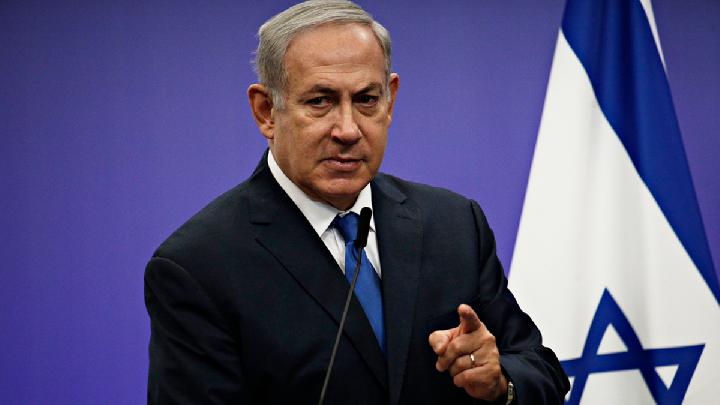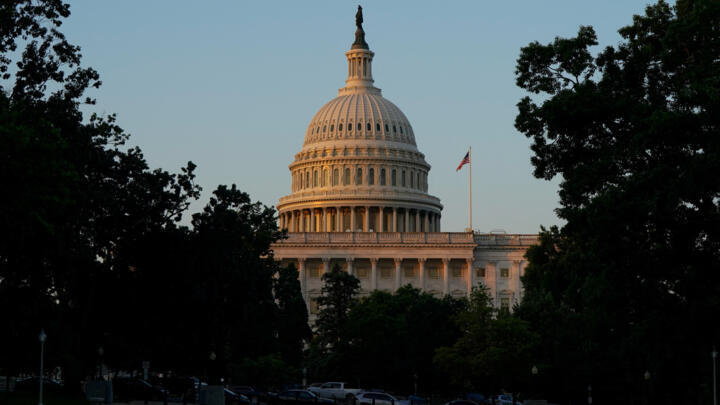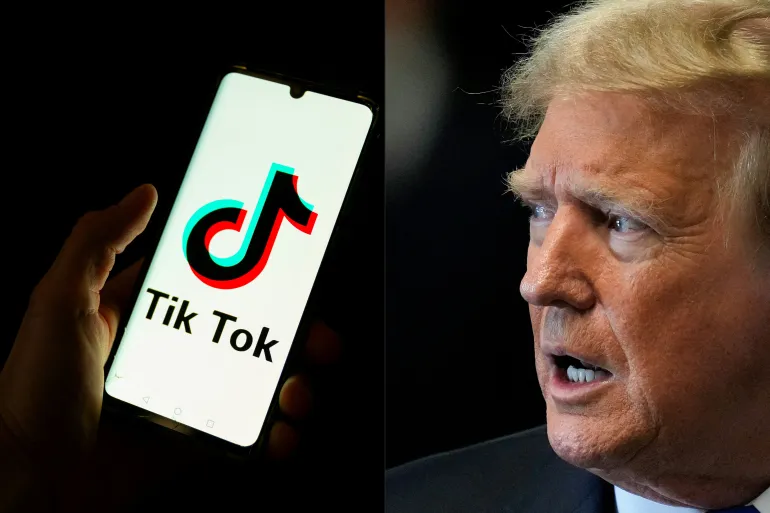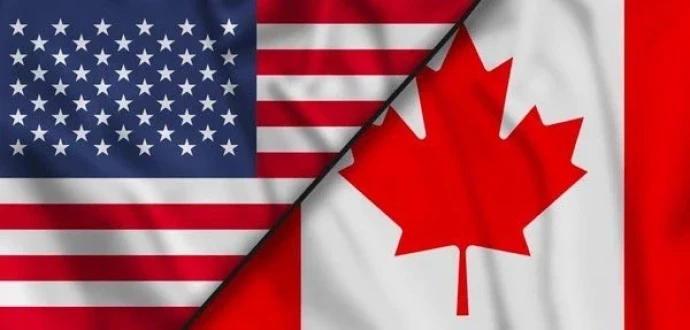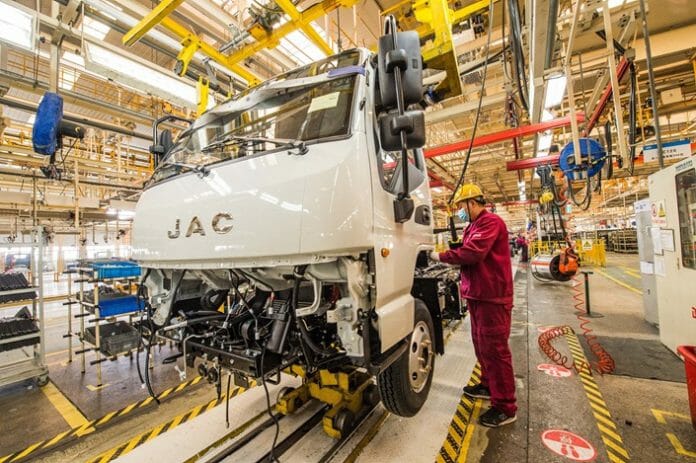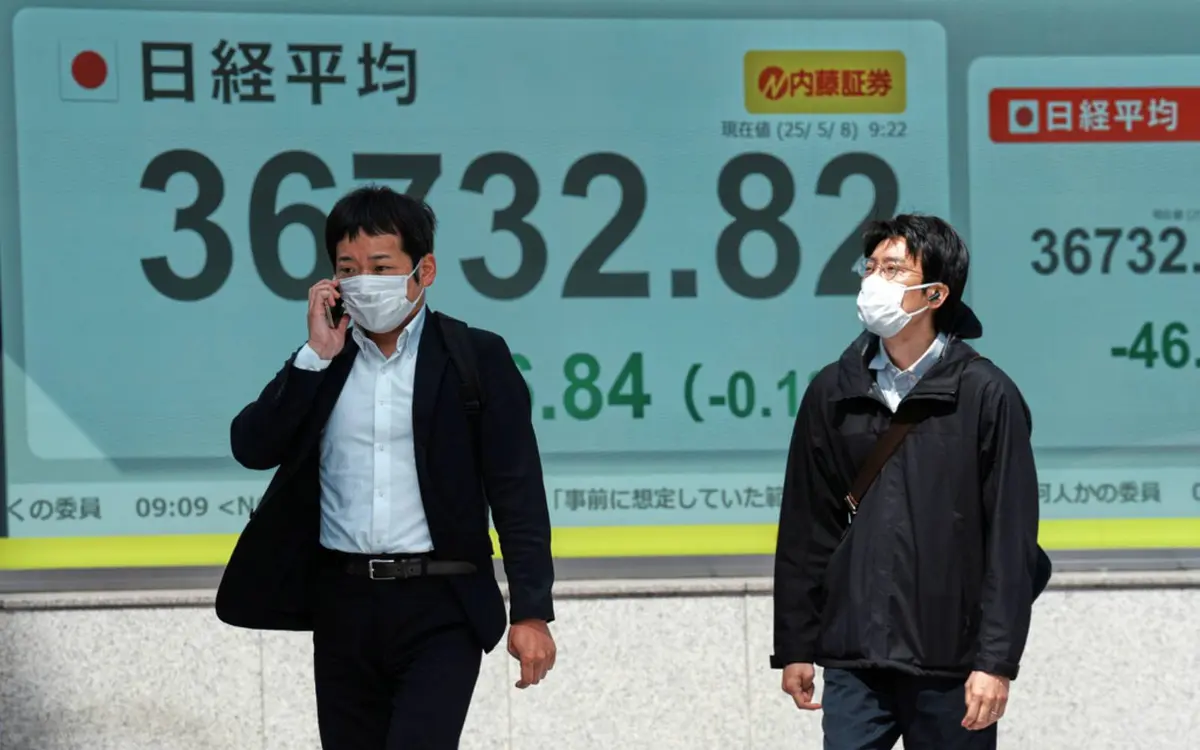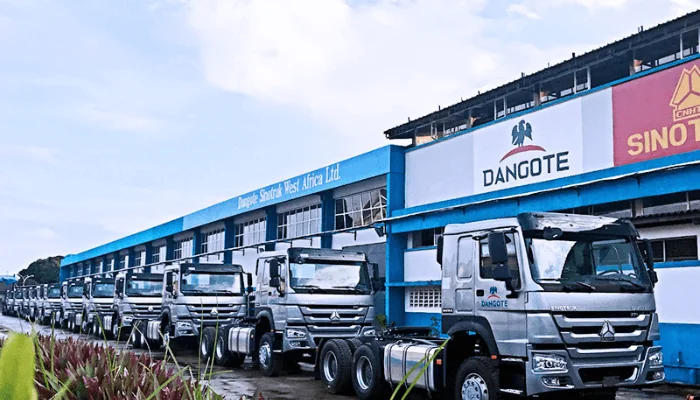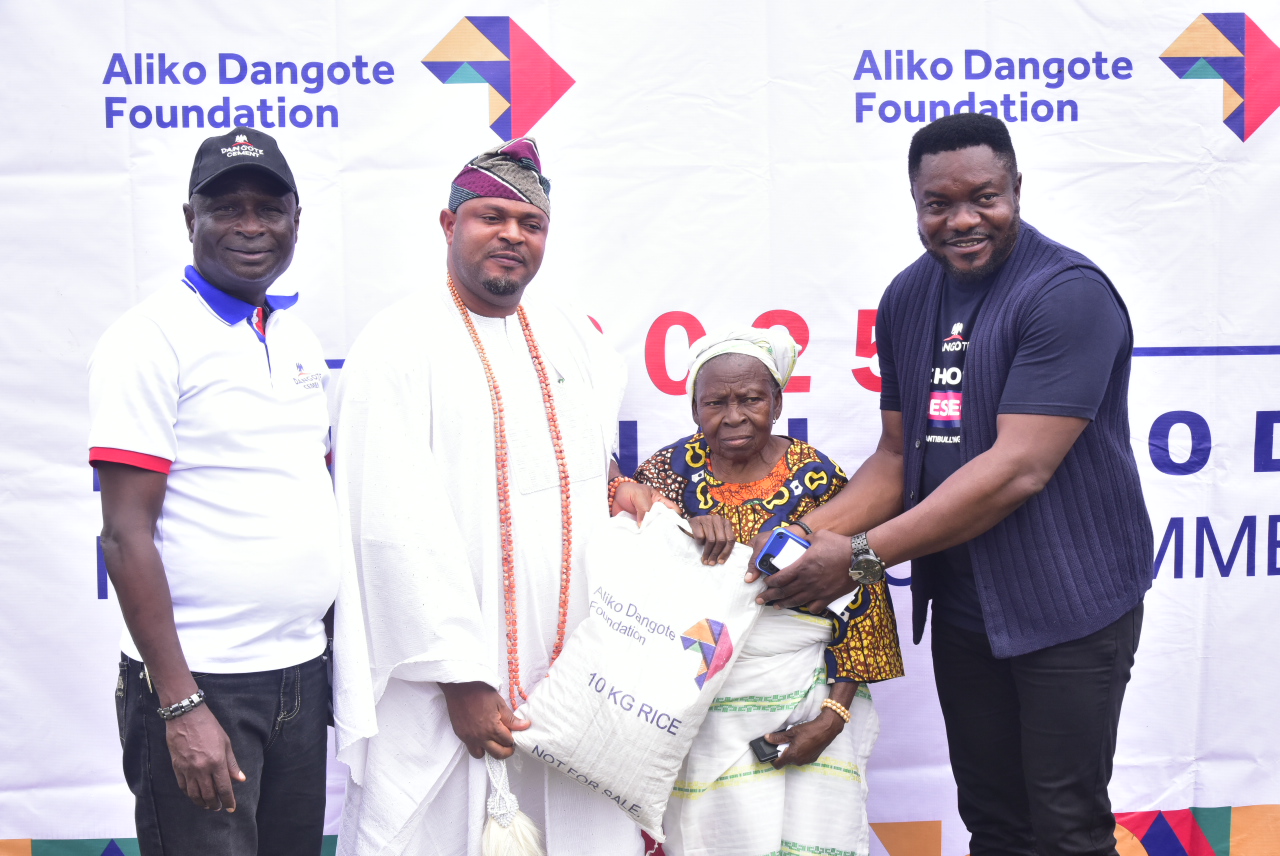Trust Africa News, By Ayomide Otitoju, Editor
At the Council Meeting of the Lagos Chamber of Commerce & Industry on Wednesday 4th August 2021, there were deliberations on what practical steps can be taken by the Government to boost revenue and foreign exchange inflows.
Nigeria’s fiscal and financial challenges have been of concern to several stakeholders including the LCCI. The Government has increasingly resorted to debt to finance recurrent and capital obligations in the face of dwindling revenue.The country’s debt situation has become worrisome with debt servicing consuming a significant share of the revenue. The debt service to revenue ratio for the period of January to May 2021 stood at about 98% up from 83% recorded in 2020 according to the budget implementation report
Nigeria is an asset-rich nation owning hundreds of large state-owned companies, valuable parcels of land, and built structures in prime commercial locations. These assets are grossly underutilized and contribute too little to the country’s fiscal and financial situation because their market values are currently not known.There is,therefore, a need for government to take urgent steps to establish the market values of the assets, securitize the corporate assets and commercialize the real estate assets to raise revenue for the government and foreign exchange inflows for the country.
There is a need to replace existing debt stocks with asset-linked debt to ease the debt servicing burden; attract greenfield FDI into publicly-listed state-owned companies; generate new revenue streams from commercialized real estate portfolios.
Given the challenges highlighted above, the Chamber wishes to propose to the Government at both federal and state levels the following recommendations:
Identify public assets: Nigeria needs to do an official identification of its assets in terms of location, purpose, and usage contained in a national asset register, There are four types of assets namely:
Corporate assets – such as refineries, state-owned enterprises.
Physical assets- such as government land and built structures.
Intangible assets – such as the GSM licensing and pension funds
Human capital – a national pool of high-return skills.
An asset register that provides detailed information about Nigeria’s assets at national, state, and local government levels must be created.
Determine the worth of these assets:
Corporate assets should be securitized via public share issuance to raise equities. A typical example is Saudi Aramco’s IPO of 2019 where $25.6 billion was raised after the oil firm sold a 1.5% stake to private investors, thereby establishing the value of Aramco to be over $2 trillion.
Physical assets such as idle or under-utilized properties could be repurposed and redeveloped for commercialization to generate revenue. Typical examples are what the United Kingdomhas done with its inner-city prisons as well as the United States’ conversion of military bases into great commercial places through the Base Realignment and Closure Commission (BRAC) and has created a separate agency to manage its thousands of real estate portfolios.
Intangible assets such as breaking government monopoly in the infrastructure sector (railway, pipelines, power transmission) should be liberalized for investors to commit equity funds into these sectors. A typical example was the liberalization of the telecoms sector that incentivized investors to purchaseGSM licenses.
Human Capital: Massive investment in skill and talent development to increase the pool of the country’s human capital.The financialization of Nigeria’s human assets will boost net foreign income and remittance inflows into the economy. A typical example is how the Philippines is training its doctors, nurses, technicians, to enable them to export their services to foreign countries.
From a valuation standpoint, assets can be broadly classified into (a) financial and (b) non-financial assets. Financial assets have established market values while non-financial assets refer to those assets with unknown market values.
However, most of Nigeria’s assets fall in the non-financial category because the market values of its assets are unknown. As such, they cannot be securitized to raise debt/equities or commercialized to generate revenue.
Deal Origination & Consummation Protocol
Create a dynamic online digital platform where the financialized and commercialized assets can be offered for investment. This platform will avail private investors of relevant investment opportunities in those assets. Typical examples include Brazilian Partnership for Private Investment (PPI) and the InvestIndia websites.
The Chamber hereby wishes to clarify that the recommendations above do not connote the sale of national assets but a mechanism to generate more revenue from the assets without their outright sales. This is a more sustainable way of revenue generation and boosting foreign exchange inflows. In the coming weeks, the Chamber will be engaging with all relevant stakeholders to discuss implementation mechanisms.
Copyright TRUSTAFRICA NEWS.
All rights reserved. This material, and other digital content on this website, may not be reproduced, published, broadcast, rewritten or redistributed in whole or in part without prior express written permission from TRUSTAFRICA NEWS.Contact: hello@trustafricanews.com.ng

